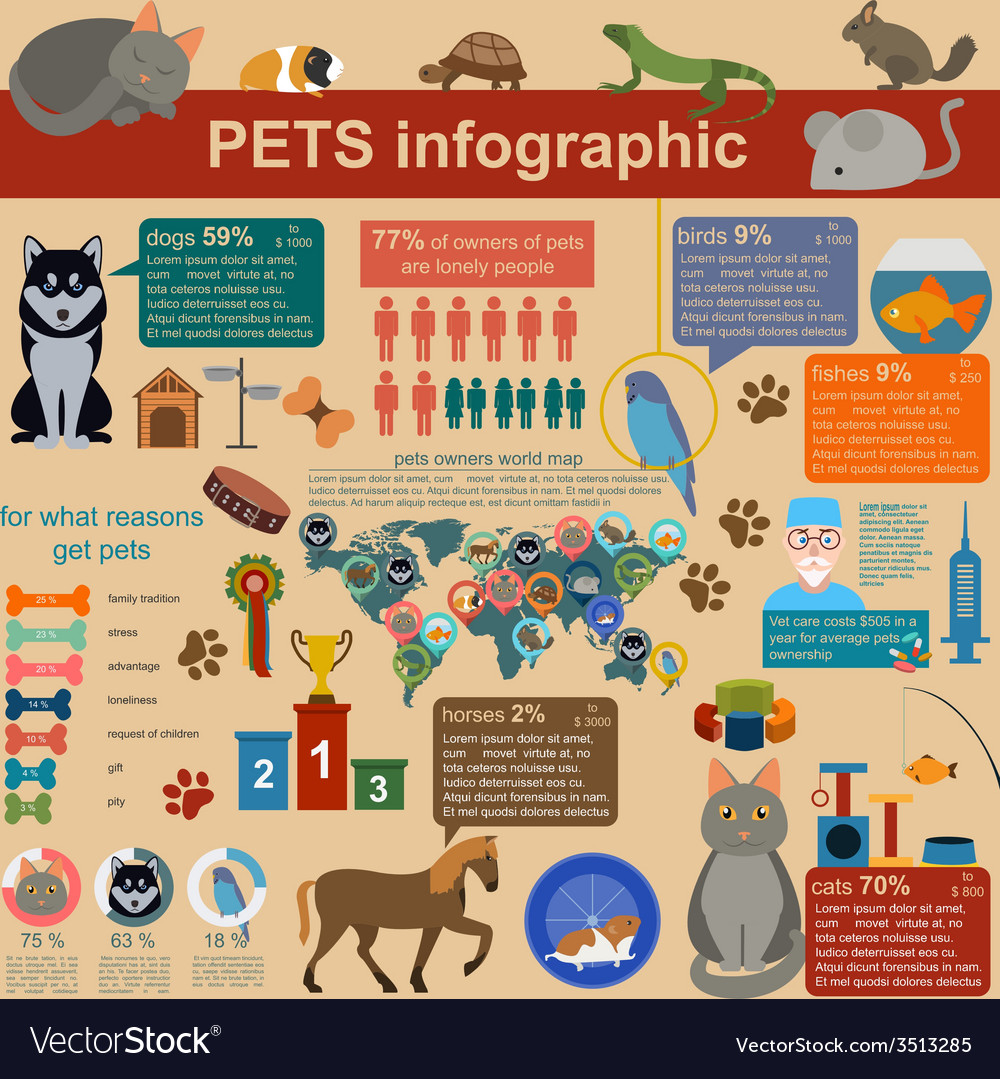How To Know If Dog Likes Daycare
How To Know If Dog Likes Daycare
Blog Article
What Vaccinations Are Needed For Pet Dog Day Care?
Whether your pet dogs spend time at childcare or boarding centers, they need to be up-to-date on every one of their needed vaccinations. Core vaccinations consist of Bordetella, rabies and DA2PP, which guard against usual illness that dogs are revealed to when in close contact with others.
Non-core vaccinations consist of canine flu and leptospirosis shots. These are suggested for pups that mingle with various other pets regularly.
Core Injections
As a crucial part of preventative care, pet vaccines assist keep pet dogs safe from contagious diseases transferred with direct contact or infected surfaces. Vaccines boost the body immune system to create antibodies that deal with illness, and many veterinarians consider core pet vaccinations to be vital for all pet dogs.
Rabies
Many reputable pet dog daycare facilities call for that your animal depend on date on their rabies vaccination. Inoculations are provided to puppies as early as 12-16 weeks old, and boosters are needed every 3 years or so up until the adult years. Rabies is a deadly viral disease that spreads with saliva, generally from bites. A lot of states call for rabies inoculations for all canines and felines, and some also mandate rabies boosters for pet owners.
Distemper/Parvovirus/Adenovirus (DHPP).
This mix injection covers canine distemper, parvovirus, liver disease, and adenovirus, every one of which are very contagious. A lot of vet workplaces provide DHPP injections as one shot or in a collection of 2 to 4 shots, given 2-4 weeks apart, followed by an annual booster. This vaccination is a requirement for many boarding and doggy day care facilities, in addition to several groomers.
Bordetella/Canine Parainfluenza Injection.
Bordetella bronchiseptica, typically known as kennel coughing, is an extremely contagious respiratory system infection triggered by the bacteria that creates the illness. Symptoms consist of relentless coughing, sneezing, nasal discharge, and high temperature. Many kennel coughing episodes take place in congested environments, such as childcare or boarding facilities, and are particularly common in warmer climate. This injection is a requirement for most childcare and boarding facilities, and is frequently provided in a mix with the DHPP vaccination.
Leptospirosis Injection.
This is a bacterial disease that spreads out via contaminated water, soil, and urine. Infection can trigger kidney and liver damage, as well as death, and is transmissible to humans. Many vets will suggest this injection, based upon geographical area and way of living of the pet, for pets that hang around outdoors or at dog boarding near me within 5 mi boarding centers, along with some groomers. This vaccination is generally carried out as a collection of 2 to 4 shots, spaced 2-4 weeks apart, with a yearly booster needed for most animals.
Lyme Disease Vaccine.
One of the most common tick-borne illness in the United States, Lyme illness is transmitted by the deer tick and can cause fever, joint discomfort, muscle pain, and loss of appetite. The Lyme condition injection protects versus one of the most common stress of the infection, including the H3N8 and H3N2 strains. Most vet centers suggest this vaccine, particularly in high-risk locations, such as the Northeast, top Midwest, Mid-Atlantic, and along the Pacific shore.
Noncore Vaccines.
Other canine injections, while not needed for all animals, are suggested based on the pet's way of living and geographical place. These include the following:.